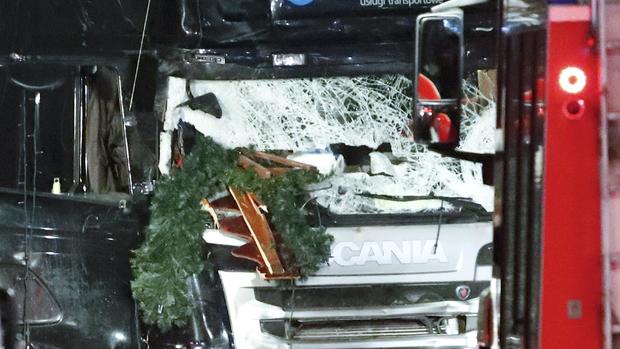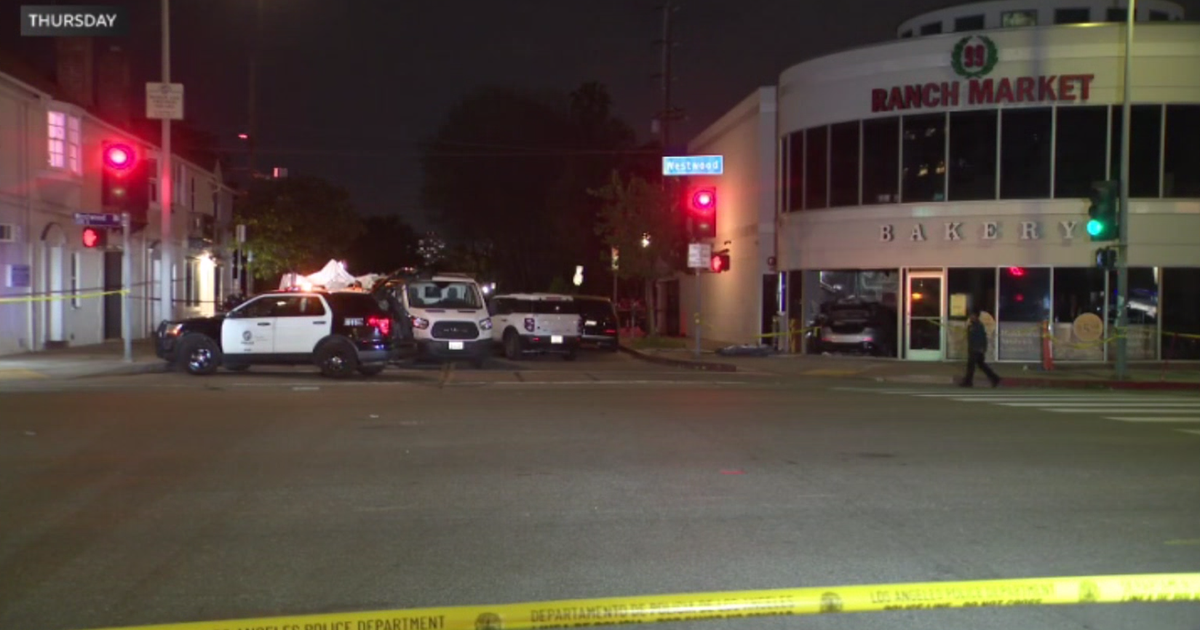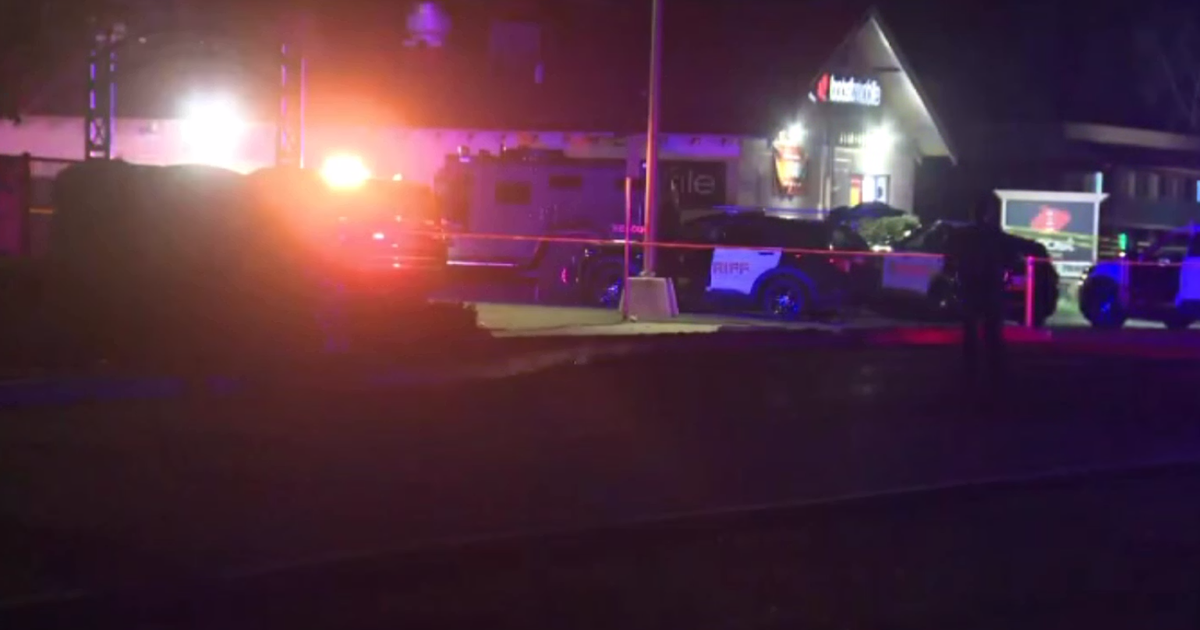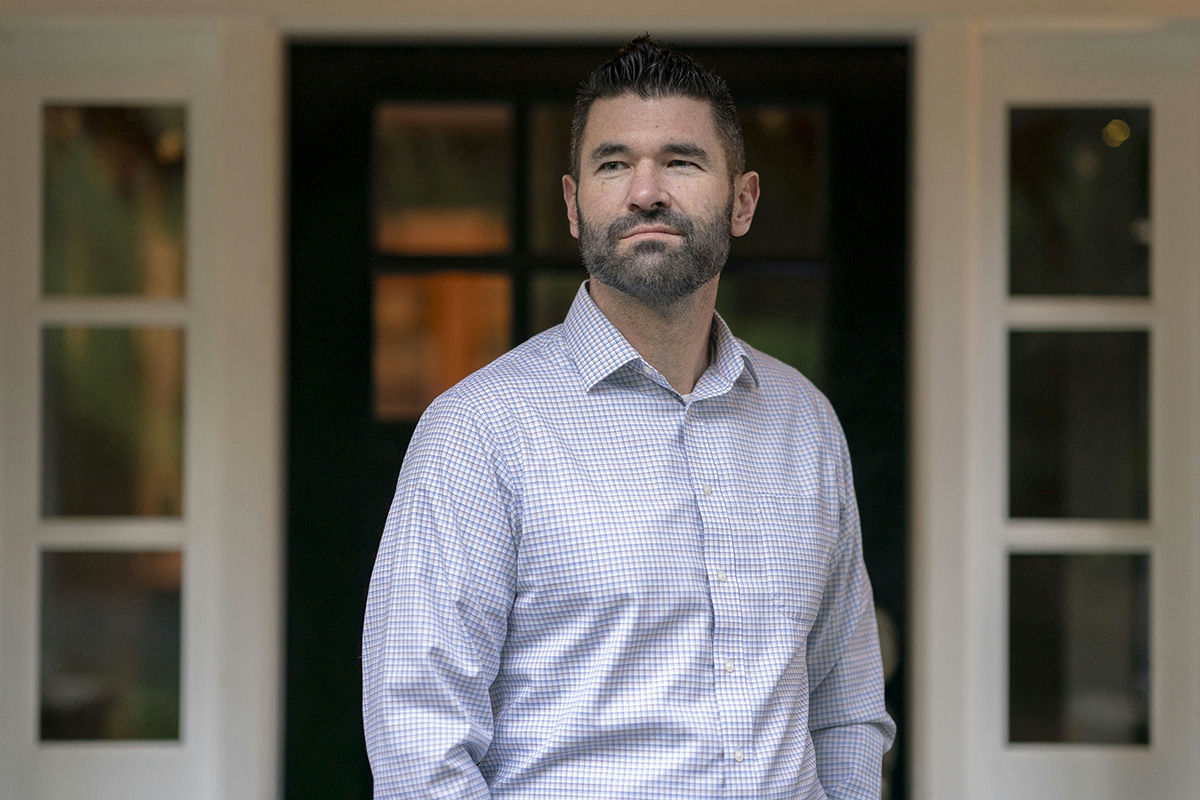How Berlin attack is "way more complicated" than Nice massacre
A massive manhunt is underway in Germany and across Europe for Anis Amri, a Tunisian-born suspect in the Berlin Christmas market terror attack.
While some are comparing tragedy to the Nice attack in July where a driver also rammed into a crowd, one former FBI supervisory special agent says Monday’s Berlin incident is “way more complicated.”
“Somebody actually hijacked a truck, they killed the driver, first with a knife and then allegedly they shot him. They kept the body in the car, and then they used the truck as a weapon. That’s a level complexity that we did not see before in different places,” said Ali Soufan, CEO of The Soufan Group, who has investigated terrorism cases including the East Africa embassy bombings, attack on USS Cole, and the events before and after 9/11.
It reflects the attacker had some training and may be connected to a larger terrorism cell, Soufan said.
“It’s not what we’ve seen in San Bernardino. It’s not what we’ve seen in Orlando. It’s not even what we’ve seen in Nice where an individual self-radicalized and, overnight, they go from the radicalization phase to mobilization phase,” Soufan said. “That’s a little bit different.”
Soufan also said the fact that ISIS claimed responsibility for the attack before the attacker was dead made him wonder about the suspect’s connection to the terror group.
“Mostly they only claim that these guys are soldiers of the caliphate after they are dead,” Soufan said. “We’ve seen that in San Bernardino, we’ve seen that in Orlando, we’ve seen that in Paris, we’ve seen that in Belgium. In this case, almost a few hours after the attack, they claim that he is a soldier of the caliphate.”
This isn’t like “typical terrorist attacks” where ISIS waits “for a phone call or they wait to see a post with that person pledging [allegiance] to Baghdadi and to the Islamic State,” Soufan said.
Despite the differences, Soufan pointed to the significance of the suspect’s connection to Tunisia.
“Tunisians represent the largest national contingency in ISIS from all of the foreign fighters, six thousand of them come from Tunisian backgrounds,” Soufan said. “Also if you look into Europe, there are hotbeds of extremism, especially in Belgium and France and other places around the continent, and most of these people come from North Africa. Many of them come from Tunisia.”




